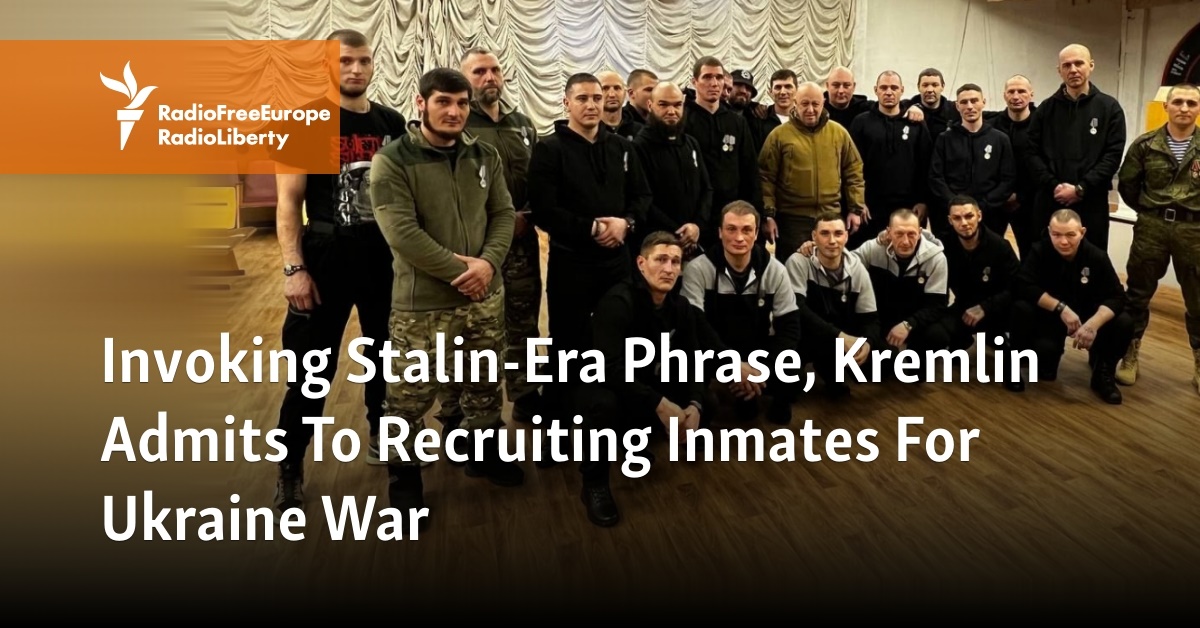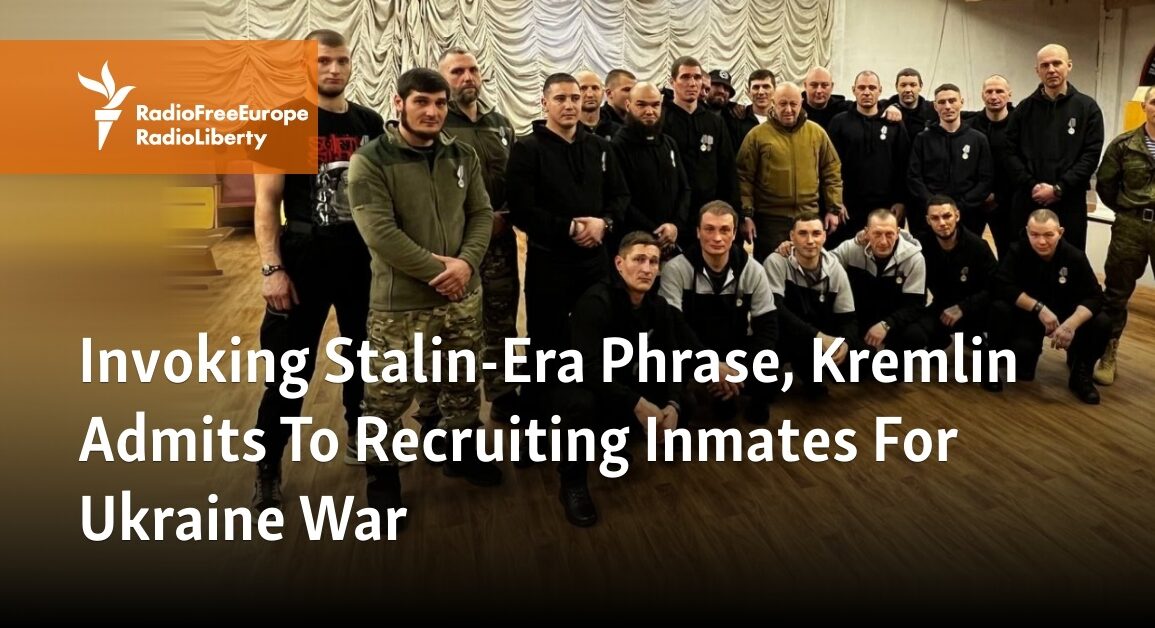
PRISTINA — Kosovar police said on November 11 that they had stepped up security measures a day before the Euro 2024 qualifying soccer match between Kosovo and Israel, banning materials with religious and political content around and near the stadium in the capital, Pristina.
Police officials said they would continue to increase general security in the lead up to and after the match, scheduled for November 12.
The match at the Fadil Vokrri Stadium is the first for Israel’s national team since the war between Israel and the Palestinian group Hamas, which has been declared a terrorist organization by the United States and the European Union.
The match was originally scheduled for October 15 but was postponed after fighters from the extremist group attacked towns in southern Israel, killing around 1,200 people and kidnapping more than 240 others. The attack prompted Israel’s retaliatory military action in the Gaza Strip that has led to more than 11,000 deaths, according to Palestinian authorities.
Domestic security forces turned down a request from a pro-Palestinian group in Kosovo — a country with a Muslim majority — that sought permission for a peaceful protest on the day of the match.
According to Kosovo law, police can prohibit the holding of a public gathering if the purpose of the event is to incite or call for the use of violence, racial, national, ethnic, or religious hatred.
Police said they will control possible crowds not only near the stadium, but throughout the city, including its squares.
Roads leading to the stadium will be closed on match day as well.
Police announced that “any racist, xenophobic, political, religious promotional material will be banned.”
Fadil Vokrri Stadium, named after the local soccer legend, holds about 14,000 fans.
On November 11, both teams held separate news conferences and final practice sessions.
Israel’s national team said it feels safe and comfortable in Kosovo. Its manager, Alon Hazan, and captain, Eli Dasa, thanked Kosovo for the welcome.
In a Pristina news conference, Hazan described the match as an opportunity to make Israelis back home happy at a difficult time.
“This is not a burden for us. We know what we are representing and we will do everything we can to win this match and bring joy to our people,” Hazan said
“We feel safe here and we want to appreciate everything the government and all the people in Kosovo have given us with their hospitality,” Hazan said as he called on the people of Kosovo and Israel to focus only on football.
Dasa said he feels “comfortable” in Kosovo, adding that “we are not afraid — we are people of Israel and we are here to represent our country.”
The captain of Kosovo’s national team, Vedat Muriqi, said that “we cannot stop any whistles and protests.”
“On the field, we will try to play [soccer]. As for the fans off the field, everyone has their own responsibility.”
Kosovo’s coach, Primoz Gliha, said the Israel-Hamas war should not affect this match and that for him, it is not something extraordinary to play football in times of war.
“It doesn’t affect me. Not at all, because this is life. We had a war in Yugoslavia, we played in similar conditions. But football is football. I am very sad about this [war],” said Gliha, who played as a professional for Dinamo Zagreb when his homeland, Slovenia, gained independence from the former Yugoslavia in 1991.
This post was originally published on this site be sure to check out more of their content.







